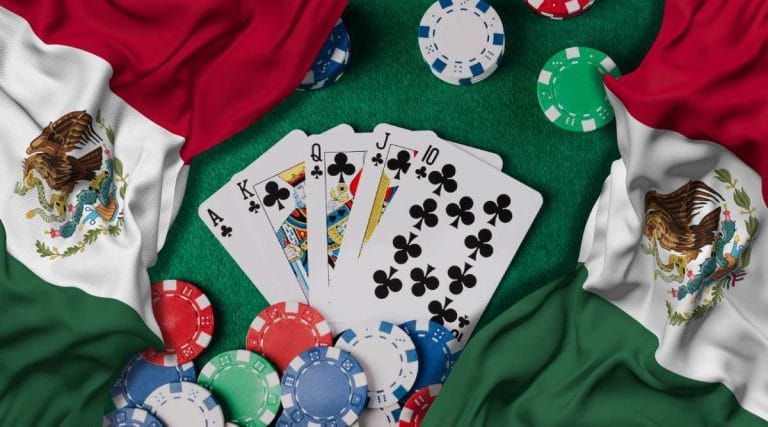🎧 Listen to This Article
Betting, Bubbles, and Bills: A New Era of Taxes
When Maria, a small café owner in Mexico City, checks her receipts next year, she may notice something new: a higher tax on the soft drinks she sells, and on the lottery tickets her customers enjoy. That’s because Mexico’s Chamber of Deputies has approved a sweeping fiscal reform that will raise the Special Tax on Production and Services (IEPS) across gambling, soft drinks, tobacco, and even violent video games.
From Betting Shops to Online Lotteries
Under the new law, betting and gaming taxes will climb from 30% to 50%. Online lotteries, once lightly taxed, will now fall under the same higher rate. Finance officials say the move is designed to expand government revenue while addressing public health concerns. For small businesses like Maria’s, it’s a noticeable change that may affect pricing and customer habits.
Sweet Drinks and Bitter Pills
Soft drinks, including those with artificial sweeteners, will face an 87% tax hike, while cigarettes jump from 160% to 200%, with new levies on nicotine products. The goal, according to the Finance Ministry, is twofold: raise revenue and encourage healthier consumption habits.
An 8% “Game Over” Tax
For the first time, violent video games will carry an 8% tax. While small compared to other sectors, the levy reflects growing concerns about media influence and public health. Gamers and retailers alike are watching closely to see how enforcement and compliance will play out.
Revenue Projections and Political Debate
The reform could boost federal revenue by an estimated MXN 761.5 billion ($41 billion USD) in 2026 — a 10% increase. Backed by the ruling Morena party, the package faces criticism from opposition lawmakers, who argue it disproportionately impacts lower-income households and small businesses. The debate has also sparked renewed discussion about ethical gaming advertising in Mexico.
What This Means for Citizens
For ordinary Mexicans, the reform may mean higher prices on everyday items, from sodas to lottery tickets, and new considerations for gaming purchases. For the government, it’s an ambitious attempt to modernize fiscal policy while funding health initiatives. As the bill moves to the Senate, the country watches closely to see how these new taxes will reshape consumption, entertainment, and public health in Mexico.



